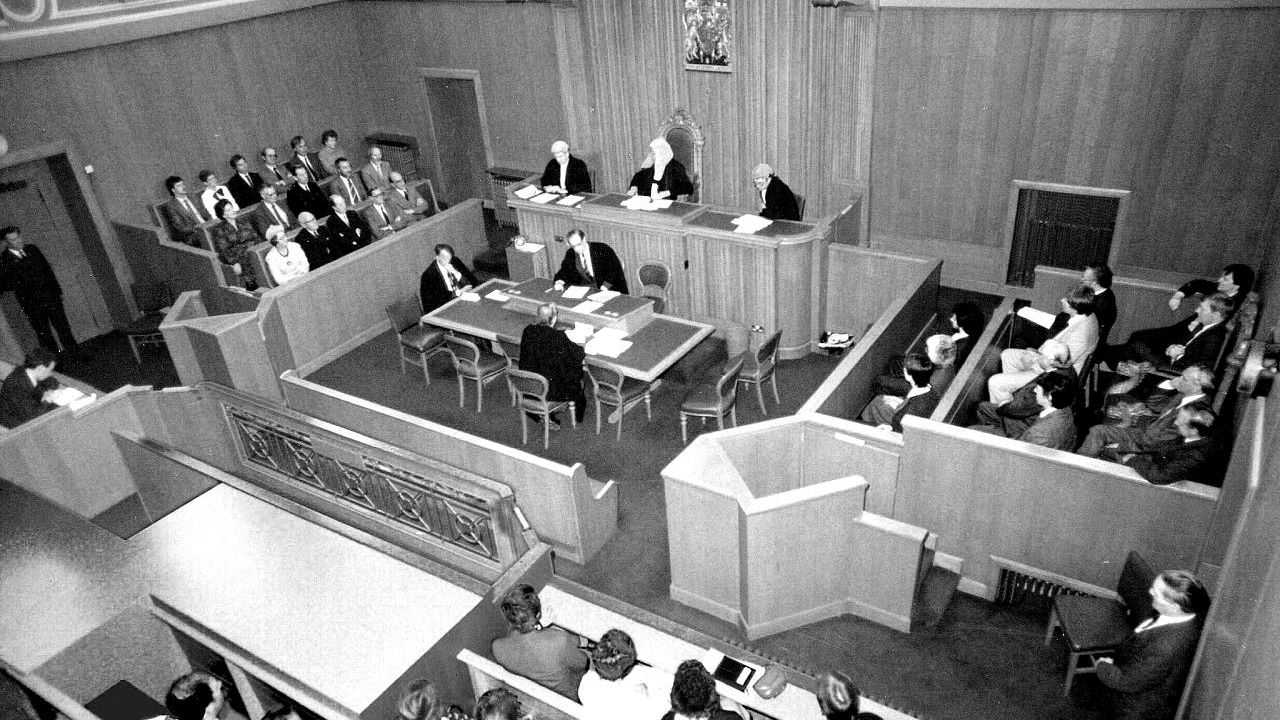Casetext’s CoCounsel through the lens of the Typology
Everyone is talking to OpenAI's ChatGPT. Meanwhile, OpenAI has been talking to developers of legal technologies. In March, Casetext announced a collaboration with OpenAI... »
Response to LawtechUK’s discussion paper on AI in legal services
Last year LawtechUK published a discussion paper on the adoption of AI technology in legal services, asking for responses to... »
NLLP 2022 Workshop: A Review
In December, I was fortunate to be able to attend the NLLP Workshop (the recorded livestream is here). The Workshop... »
Caselaw revisited: Recht.nl’s case law tracker assessed with the Typology of Legal Technologies
In a recent news item, the important Dutch legal knowledge platform Recht.nl announced that they have launched a new case... »
The medium is the message: some technical notes on our Typology of Legal Tech
Creating our forthcoming Typology of Legal Technologies was an interesting challenge. The evolution of the research methodology and the development... »
RaC ‘n RoL: to have or not to have legal effect?
On 14 March 2022 I had the privilege of delivering the Keynote at the RaC2022 Plenary, followed by the Opening... »
A response to the Scottish Government’s consultation on legal services regulation
Written by Pauline and Laurence in December 2021, for submission to the Scottish Government’s Consultation on legal services regulation reform.... »
The Data Infrastructure of the Courts and the Rule of Law
Problem setting Imagine you went to court fifty years ago to obtain a paper copy from a court clerk in... »
Robust AI and robust law (Part II: Robust law)
Recently (March 2021) I was invited to speak at the Citizen Debate on AI & Law to present a European... »
Robust AI and robust law (Part I: Robust AI)
Recently (February 2021) I was invited to come and chat a bit about my work on the cusp of law... »
Keep the Change: preserving hermeneutical justice and normative agency in law
The contribution by Sylvie Delacroix to our annual COHUBICOL Philosophers’ Seminar on the ‘interpretability problem in machine learning’ discussed the... »
AI in law: a move? A game changer?
In War and Peace, Tolstoy observes that a common feature unites the attempts to understand physical motion and historical movement:... »
Technological mediation and the Human in the L(aw)
Here is a recording of my presentation ‘Technological Mediation and the Human in the L(aw)’ delivered at the 2020 Conference... »
Technological mediation vs. the Rule of Law
Below is a recording of a presentation I gave at this year’s conference on the Philosophy of Human-Technology Relations (PHTR),... »
Legal Tech, or Story of Your [Legal] Life
Below is a re-recording of a talk given by Laurence at Gikii 2019 entitled ‘Legal Tech, or Story of Your... »
Promoting Artificial Legal Intelligence while securing Legal Protection: the Brazilian challenge
The present blog post aims at confronting one of the core concepts of COHUBICOL, that of legal protection, through the... »
Computational legalism
This post summarises computational legalism, a concept I developed in my doctoral thesis that is borne of the parallel between... »
Automated hermeneutical injustice?
Joy Buolamwini’s work uncovered racially discriminatory patterns in facial recognition datasets and software systems – only when wearing a white... »
Normative shortcuts and the hermeneutic singularity
Legal normativity is an important theme for COHUBICOL, particularly how its nature might change when the medium that embodies it... »
Legal theory and theoretical CS
This project will dive head-on into the assumptions of data-driven and code-driven law, to unearth their implications for the protection... »



















